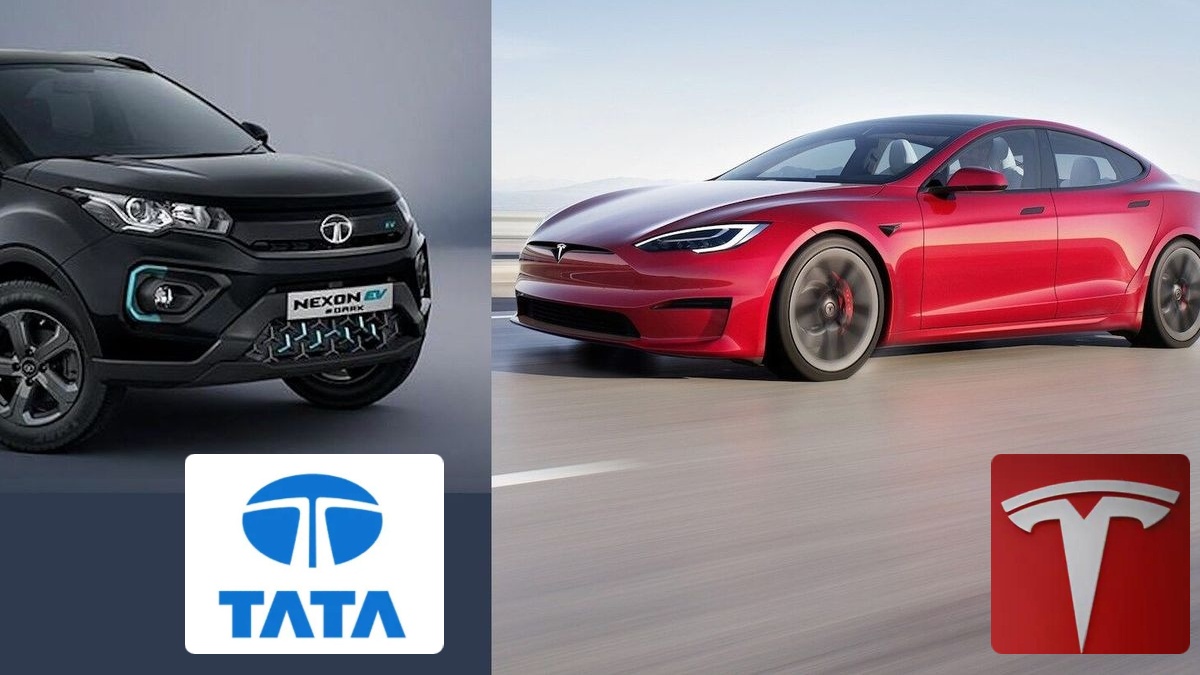
Tata Becomes Global Supplier for Elon Musk’s Tesla, Braces For Bigger Role in EV Maker’s Entry into India
- 22.03.2025 10:00
- goodreturns.in
- Keywords: dangerous, dangerous
Tata Group companies are becoming key global suppliers for Tesla as the EV maker prepares to enter India. This collaboration positions Tata as a major player in Tesla's Indian market expansion, leveraging its expertise in EV manufacturing and technology.